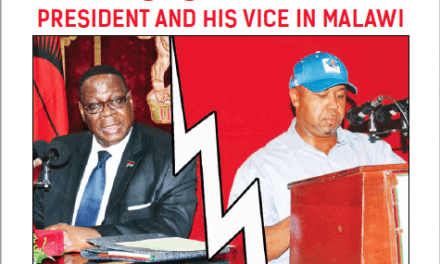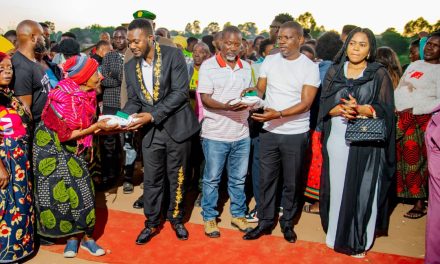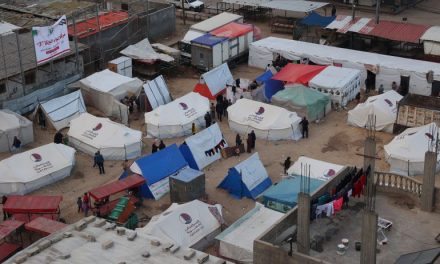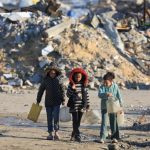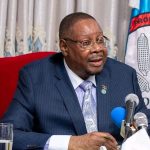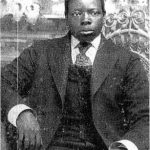
Endure The Financial Pain- Govt

As the world is still in the wilderness of financial hardships due to covid-19 and Russia-Ukrainian war, Malawi has its Kwacha currency weakened.
Government has since asked Malawians to endure the financial hardships as the country continues to face unprecedented economic challenges.
Minister of Finance Sosten Gwengwe said this at a press briefing in Lilongwe in preparation for the meeting with the International Monetary Fund (IMF).
He said the country has outlined recovery plans that IMF has seen and is willing to help.
“This is not an ordinary meeting and not our first either, we had meetings both here and in Washington DC, as such the coming of IMF is to discuss conditions and modalities of their help for Malawi to achieve its economic recovery,” said Gwengwe.
He also said that the Ministry has outlined recovery plans that the IMF saw and is impressed, hence its coming.
The Minister also added that the country has secured services of a Global Sovereign Advisory Company from France to help the country on how it can reduce and repay its loans.
“We have secured the services of a well-known company from France to help us with modalities on how government can work out loan payments,” said Gwengwe.
“This Company has worked and helped a lot of countries like Mali, Benin, Guinea, and Greece, and it is our hope that in the six months that they will be here we will have gotten the much needed assistance,” said Gwengwe.
He has therefore urged Malawians to endure the economic hardships as the nation is on the road to financial recovery.
“This signals that things may get worse than before. However government is doing everything possible to fix the economy once and for all,” said Gwengwe.
On rumours that Malawi was deliberately giving wrong figures to the IMF, Gwengwe said the report is yet to be out and will not comment before the report.
He has however said if the report reveals that Malawi cooked figures to the IMF, the country may be asked to pay back the money.
“If indeed we cooked figures or misrepresented the figures to the IMF, Malawi will have to pay the IMF because the funds were meant for development. This can literally lead to a loss of trust and it is a criminal act that won’t be taken lightly,” said Gwengwe.
A day after the IMF met government officials, the hardships started following into the veins of the Malawi commodity and market value.
A 25 percent devaluation of the Kwacha which was announced by the Central Bank raised every commodity on the market and economically affected Malawians at large.
Despite the Reserve Bank of Malawi advising business companies and individuals not to take advantage of the devaluation they instantly raised prices of commodities on the market.
Illovo Sugar announced the upward adjustment of the commodity two days after the devaluation.
Brown sugar has been raised from K850 to K1100 while white sugar is at K1150 from K850.
In retaliation Social commentator, Peter Chipanga has asked government to think of raising the minimum wage to cater for the high cost of living.
“It’s sad to note that there comes a devaluation whilst we are still nursing the financial hardships,” said Chipanga.
“Government should raise the minimum wage to at least K75,000 or higher,” he said.
Democratic Progressive Party (DPP) through its spokesperson Shadreck Namalomba has asked the Tonse government to call for a referendum as a vote of no confidence is vital due to the financial hardship hovering the country.
“Malawians are suffering and government is not doing anything tangible. If they do not want to help Malawians they should resign,” said Namalomba.
Gospel Kazako, Minister of Information has since asked DPP to be quiet saying the financial problems Malawians are facing started with them.
“Plundering of money and government resources by DPP is the reason we are having these problems now, so they should keep quiet,” said Kazako
























